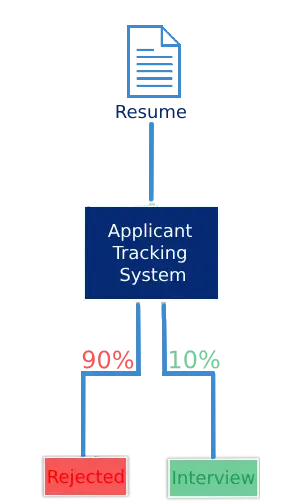
We thoroughly review your resume to ensure you receive comprehensive feedback. Our review covers the following key areas
We evaluate how well your resume aligns and scores against the job descriptions of your targeted positions.
We ensure your resume reflects professionalism with clear, succinct writing. We check for errors and consistent grammar, tense, and punctuation.
We evaluate the design to ensure it effectively showcases your accomplishments and includes a compelling summary.
We assess all aspects of your resume to ensure it highlights your skills, achievements, and experiences effectively.


We don't ask you to pay until after you receive your new professional summary.
Recommended
PremiumTailored Resume
ATS Compliant
Cover Letter
7 Day Turnaround Time
Tailored Resume
ATS Compliant
Cover Letter
LinkedIn Profile Optimization
7 Day Turnaround Time
Don't just take our word for it—see what our clients have to say about us.
If you have any other questions feel free to reach out!
We do require upfront payment. To show you the value we bring, we create a brand-new professional summary for you during the review process — giving you a preview of our expertise!
Our standard resume writing process is completed within 7 days. If you require a faster delivery, we also offer expedited services to accommodate urgent needs.
Yes, we proudly offer a variety of services for returning clients, along with discounted pricing as a token of our appreciation for your loyalty.
Although we cannot guarantee a job offer, our goal is to equip you with a powerful, results-driven resume that gives you the strongest possible chance in today's competitive job market.
276-318-2814
info@fixaresume.com